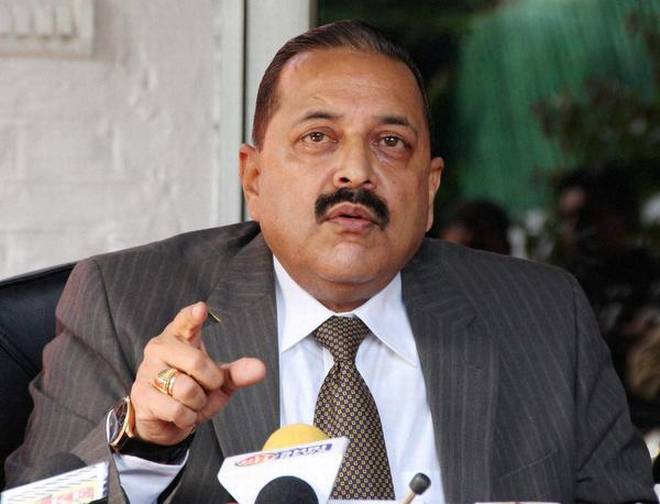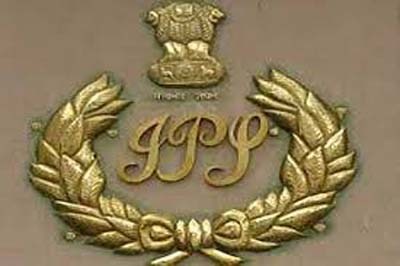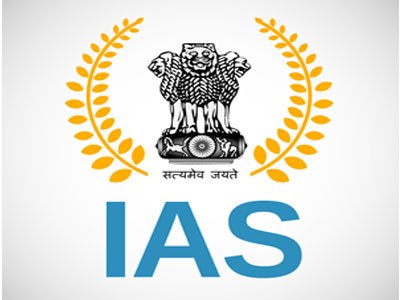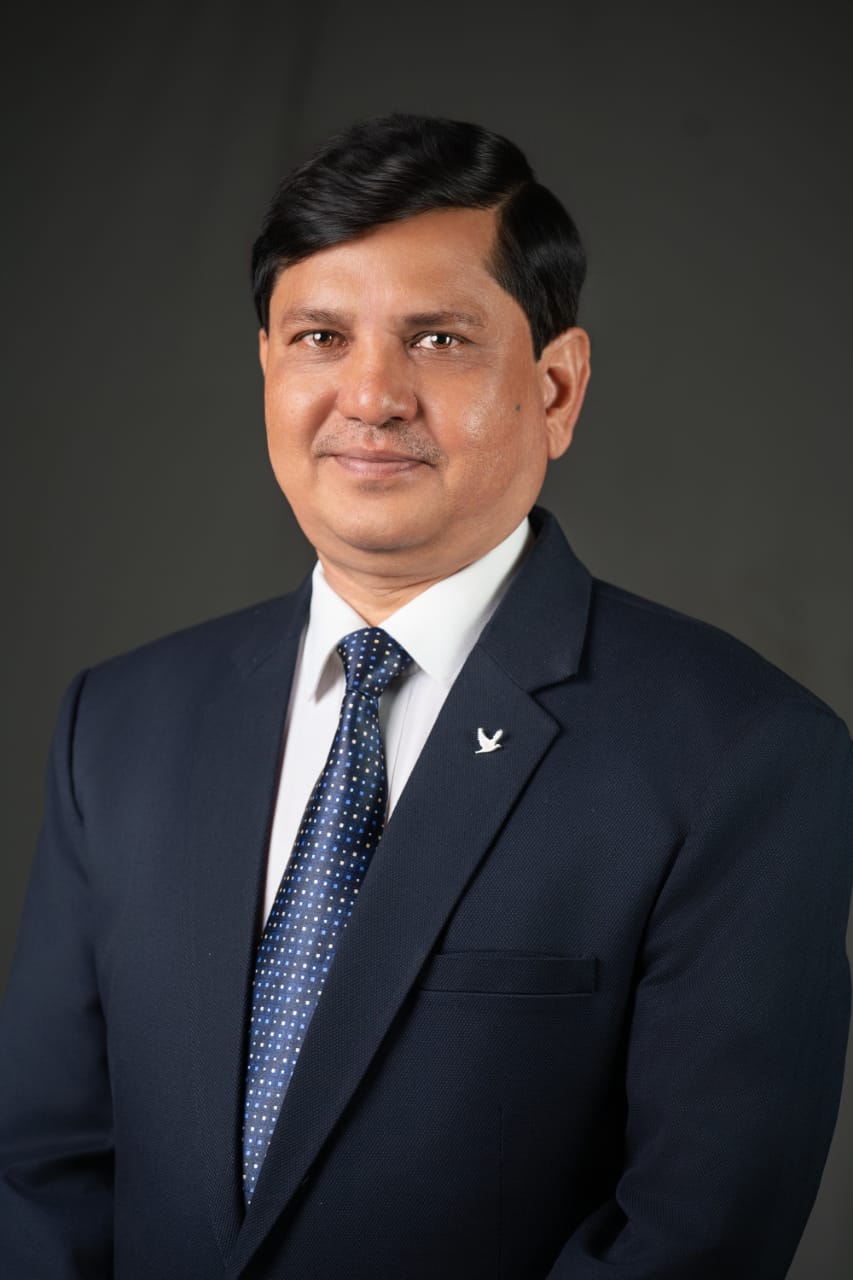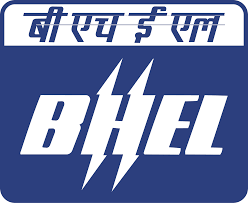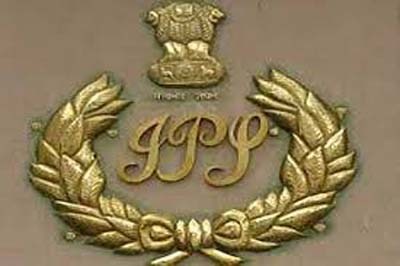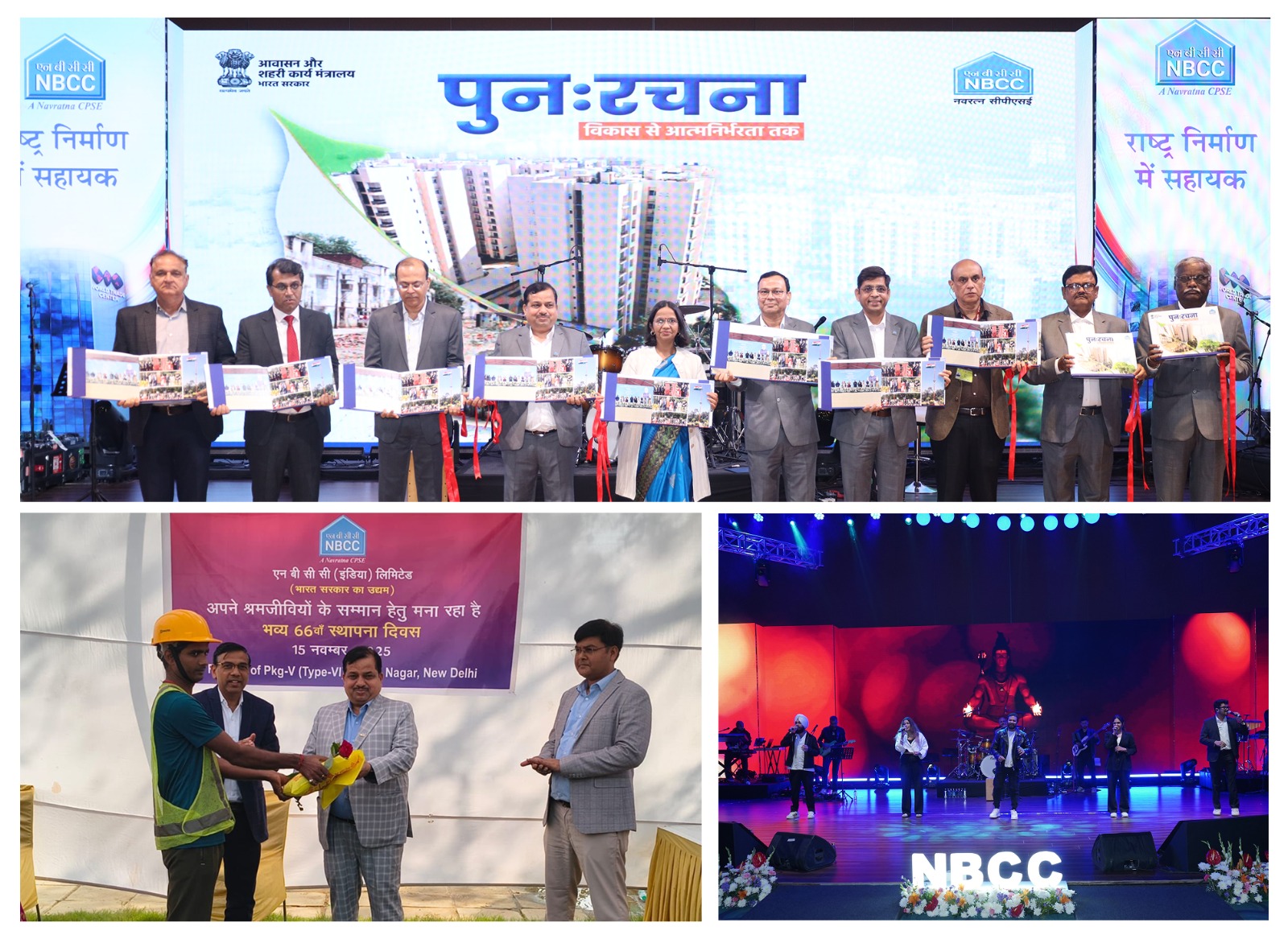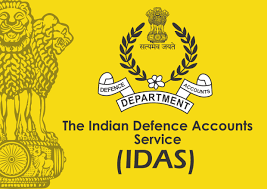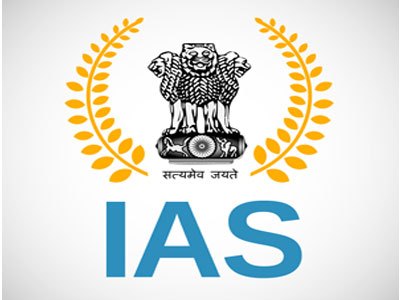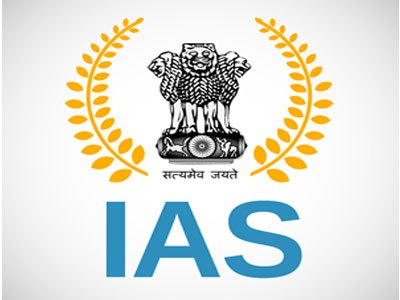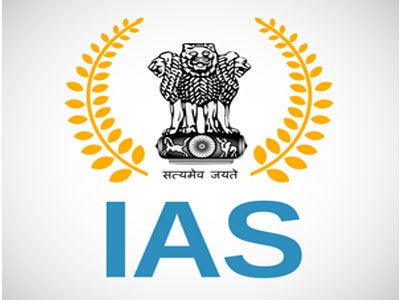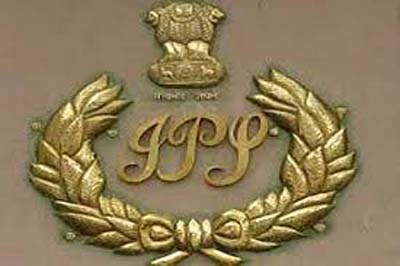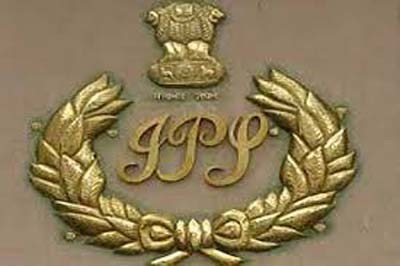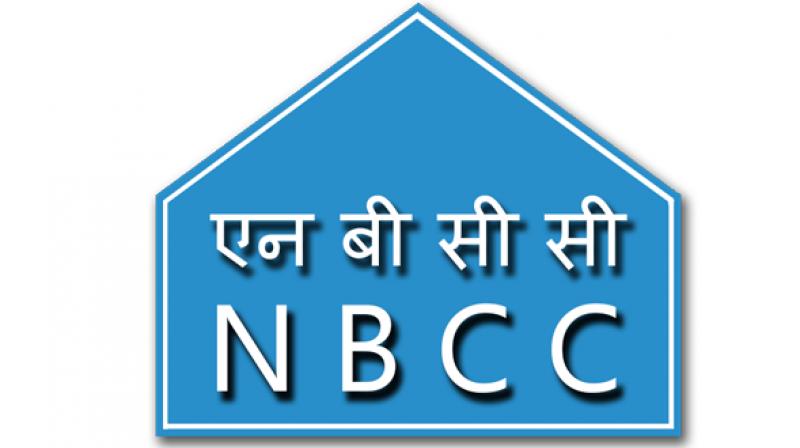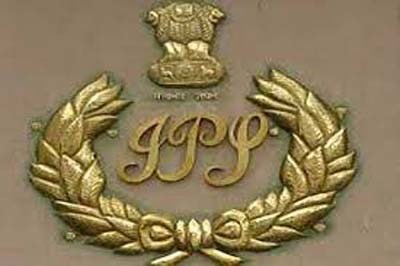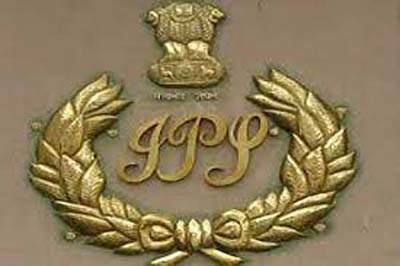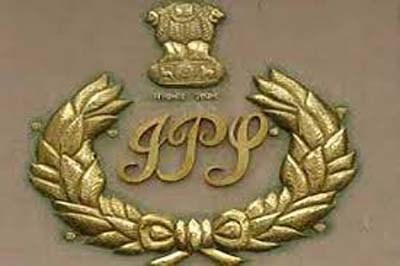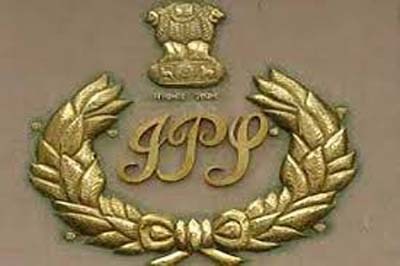Dr. Jitendra Singh today said the 28th National Conference on e-Governance (NCeG) serves as a platform for States and the Centre to exchange best practices in governance, enabling replication of successful models across the country.
The Union Minister praised the Andhra Pradesh Government for pioneering citizen-centric innovations—ranging from real-time governance to digitized service delivery—and recalled how practices first tried in the State decades ago, such as outsourcing of civic services, were later adapted in other parts of India.
Dr. Jitendra Singh also cited success stories from other States and the Centre, including the expansion of digital grievance redressal through CPGRAMS and the adoption of e-Office systems, which have collectively enhanced transparency, accountability, and ease of living for citizens.
The Minister thanked Chief Minister of Andhra Pradesh, Nara Chandrababu Naidu, for facilitating the organization of the conference in Visakhapatnam and said the choice of venue was apt given the State’s tradition of pioneering governance reforms. He added that Andhra Pradesh continues to play a leading role in India’s growth story, pointing to upcoming projects such as a quantum data centre at Amaravati and an additional space launch pad at Sriharikota. He said the conference theme, “Viksit Bharat: Civil Service and Digital Transformation,” reflects not just an aspiration but a guiding principle for India’s journey towards 2047.
Reviewing governance reforms over the past decade, Dr. Jitendra Singh said more than 1,600 obsolete rules had been repealed, outdated practices like mandatory attestation of documents scrapped, and amendments brought into the Prevention of Corruption Act to ensure accountability on both sides of bribery.
The Minister said CPGRAMS, now recognized globally, has scaled up to redress over 26 lakh grievances annually with a disposal rate of 95 per cent, while e-Office has enabled over 95 per cent of files in the Central Secretariat to be processed digitally. He added that the Swachhata campaign, now in its fourth year, has not only improved workplace efficiency but also generated significant revenue through disposal of scrap.
Dr. Jitendra Singh underlined that reforms like Mission Karmayogi have transformed civil services training from a rule-based approach to a role-based one, preparing officials for dynamic governance challenges. Over 88 lakh officials have already upgraded their skills on the iGOT platform. He also highlighted innovations such as the digital life certificate through face recognition, which has eased pension access for millions of senior citizens, and the Assistant Secretary programme, which has given young civil servants early exposure to policymaking at the Centre.
Dr. Jitendra Singh pointed out that in recent years, the e-Office platform has significantly expanded, making the Central Secretariat leaner and faster by reducing file movement levels and enabling more efficient decision-making. He said CPGRAMS has emerged as one of the world’s leading grievance redressal systems and has even been recognized internationally for possible replication. On citizen services, he noted that initiatives such as the ‘Prashasan Gaon Ki Ore’ campaign and the Special Campaign on Swachhata have helped strengthen service delivery and improve efficiency across government offices. For senior citizens, he highlighted the success of the Jeevan Pramaan initiative, which has simplified pension access through digital life certificates. He added that Mission Karmayogi has already enabled large numbers of officials to take up curated courses on the iGOT platform, creating a more skilled and responsive civil service.
Looking ahead, he said technologies such as Artificial Intelligence, Blockchain and the Internet of Things would increasingly shape India’s governance landscape—AI enabling predictive administration, Blockchain reducing corruption through transparency, and IoT strengthening service delivery. At the same time, he stressed the importance of “digitizing every function but humanizing every service,” making technology a bridge of empathy and empowerment.
